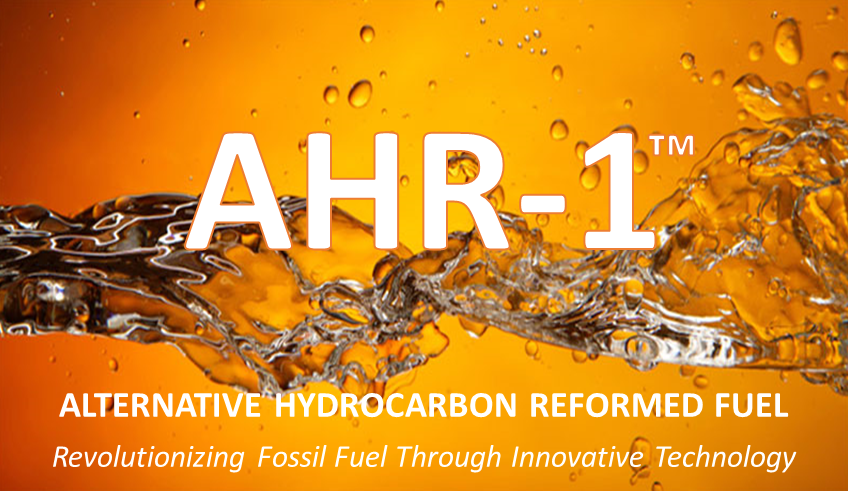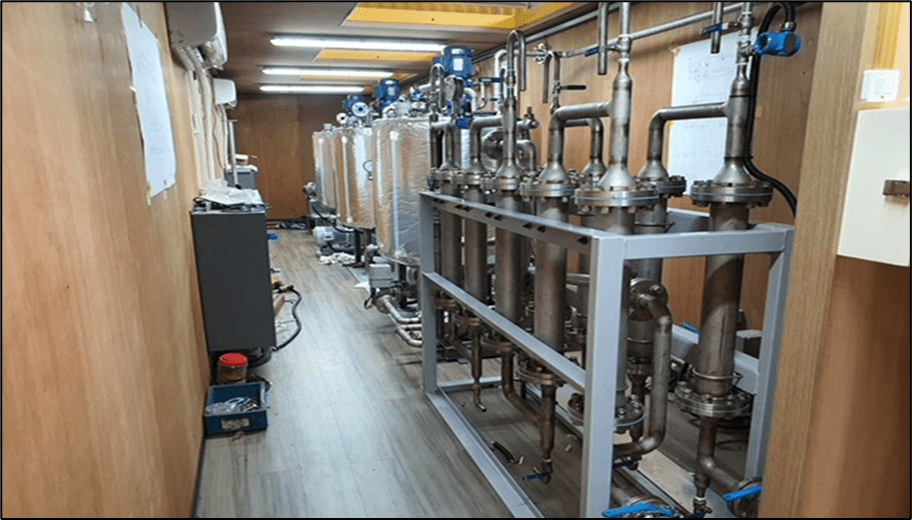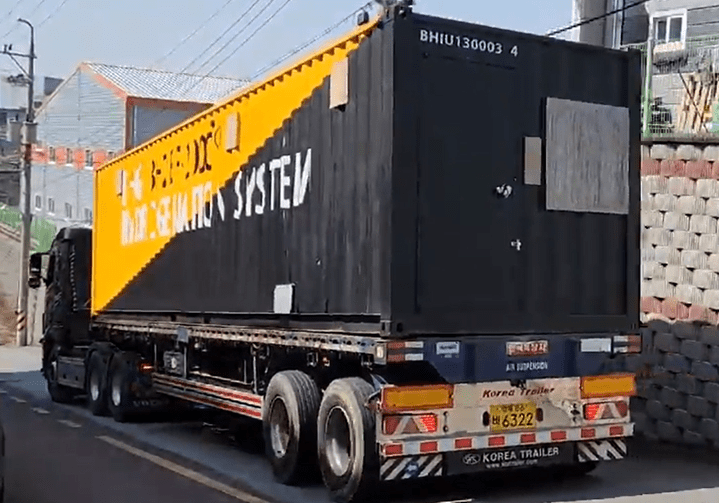
Diesel fuel plays a significant role in global transportation, industry, and agriculture, but its production and consumption raise critical concerns regarding environmental sustainability and economic stability. Although a number of countries propose the ban of such diesel fuel by 2030, it is determined by most experts in the industry that this will be a very difficult task, provided no economical alternative solutions available to replace diesel anytime soon. In the meantime, refineries are, and will continue, to produce diesel fuel to feed the consumption need worldwide.

Resource Depletion
1. Crude oil, the primary source of diesel fuel, is a finite and non-renewable resource. Concerns about dwindling reserves and future scarcity raise questions about the long-term sustainability of diesel production.
2. Dependence on oil imports from the ever increasing politically unstable regions also heightens geopolitical risks and economic uncertainties
Environmental Impact
1. The extraction and refining of crude oil for diesel production contribute to environmental degradation, including habitat destruction, water pollution, and greenhouse gas emissions
2. Oil spills and leaks during extraction and transportation further exacerbate environmental harm and pose risks to ecosystems and human health.

Blufuel Technologies Limited is at the forefront of energy innovation, leading advancements in alternative hydrocarbon reforming technology. In response to global initiatives promoting sustainability and cost efficiency, Blufuel has developed groundbreaking solutions to overcome the limitations of existing technologies like SMR. By leveraging alternative reforming methods, Blufuel is reshaping the energy sector, offering solutions that not only reduce environmental impact but also yield substantial cost savings for a fraction of the cost of conventional SMR, underscoring its superior cost-effectiveness and sustainability.
The utilization of Blufuel’s technology enables Blufuel to streamline operations, optimize resource allocation, and minimize energy consumption, thereby reducing the overall expenses associated with synthetic diesel production.
COMPARISON
Traditional WiDE
- Requires Additives/Surfactant to Bond the Water and Diesel
- Decreases Energy Content in Added Volume as it Dilutes
- Increases Fuel Consumption due to Decreased Energy Content of the Added Volume
- Water Separation, Causing Water Contamination & Corrosion
- Non-Stable Quality
- Non-Stable Quality
- May Require Engine Modification
vs
HRF-20000
- Does Not Require Additives/Surfactants for fossil fuel treatment. Our Technology Molecularly Combines Water & Diesel Together as One Medium. No Bonding.
- Creates Comparable Energy Content in the Added Volume
- Maintains Same Fuel Consumption with Added Volume
- No Water Separation Therefore No Contamination or Corrosion Risk
- Stable Quality
- No Engine Modification Required
In contrast to SMR and other similar technologies, which involves considerable energy inputs, costs, and operational intricacies, Blufuel offers a more streamlined and economically viable approach. This innovative process eliminates the requirement for costly catalysts and high-temperature reactors, leading to reductions in operational overheads. Moreover, the modular design of our system allows for scalability, enabling Blufuel to adjust production capacity in response to demand fluctuations without incurring significant costs.

Advantages of our AHR-1 Modular System :
- MOBILITY
Can easily transport the system anywhere on a flatbed where it needs to be.
- EASE OF UTILITY CONNECTION
The modular system is all set up where there’s no required rough-in utility work, different from fixed facility structures. Any renovation required when installing or relocating would create more cost and production startup downtime
- SCALABILITY
When operations demand more production capacity, additional units can be installed alongside each other. (For clients requiring substantial production capacity, we can custom tailor different commercially viable solutions in a non-modular framework.)

